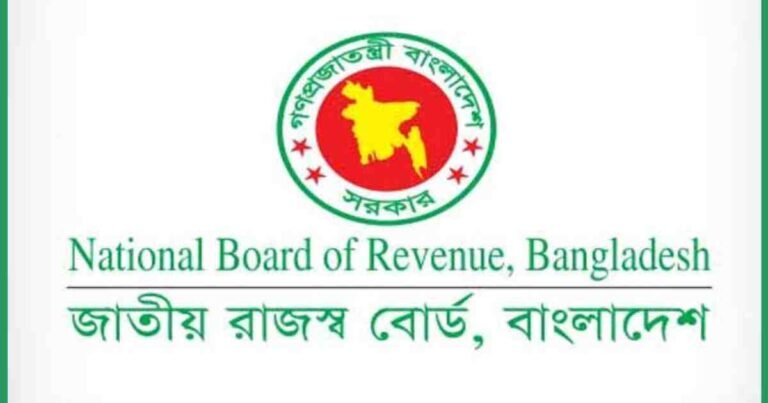The National Board of Revenue (NBR) has announced that supermarket customers will no longer have to pay an additional 7.5 percent trade value-added tax (VAT) on their purchases.
Previously, this VAT was applied to the total shopping bill and was reflected on receipts issued by superstores. Going forward, customers will only need to pay the maximum retail prices (MRP) listed on products, which already include a 15 percent VAT.
Supermarket operators will now be able to claim an input tax credit for the 15 percent VAT applied to consumer goods they sell. As a result, shoppers will no longer be required to pay the trade VAT, according to a senior NBR official who spoke on the condition of anonymity.
Additionally, supermarkets will be mandated to purchase goods using VAT challans.
Sabbir Hasan Nasir, managing director of Shwapno, Bangladesh’s largest retail chain, welcomed the decision. He stated, “The previous 5 percent or 7.5 percent VAT on supershops was an additional financial burden for customers. Now, that extra cost will no longer exist, which should help bring more balance to the market.”
Earlier this year, on January 9, the revenue board raised the trade VAT rate from 5 percent to 7.5 percent, which also applied to supershops. Following this increase, the Supermarket Owners Association and senior executives from various supershops engaged in discussions with NBR officials to request a reduction in the VAT rate.
Rather than reducing the rate, the NBR opted to simplify the VAT process for supermarkets.
Previously, supermarkets collected an additional 5 percent VAT on top of the MRPs, raising costs for consumers. According to the NBR official, “This practice was inconsistent with consumer law. Now, supermarkets will follow the standard 15 percent VAT rate, maintain proper records of purchases and sales, and claim VAT rebates. This will relieve consumers from paying extra trade VAT.”
The NBR’s latest move is intended to simplify tax compliance and reduce operational challenges for supermarket businesses.



